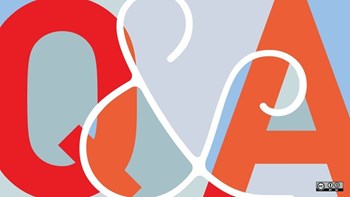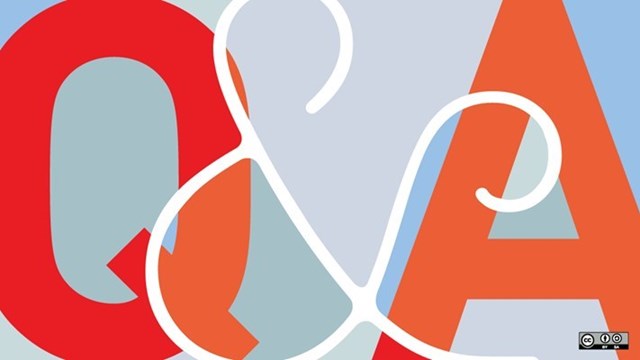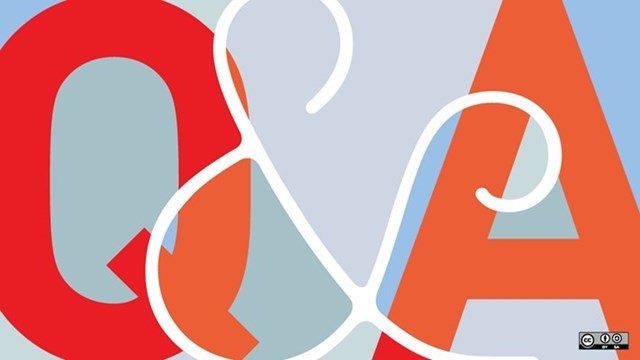
—Wondering in Wheeling
“Although interest on the borrowed funds will have to be paid, this allows the expense to be paid over a longer period of time, thereby spreading out the special assessment over a longer period of time and possibly easing any financial impact on owners. Whether the association has the authority to borrow funds may depend on the association’s governing documents. If the association is incorporated as a not for profit corporation, the Illinois Not for Profit Corporation Act grants authority to the corporation to borrow money. Similarly, and alternatively, if there is some time to raise the funds before the roofs need to be replaced, the association board could adopt the necessary special assessment now, but to be paid over a number of months prior to the project. The ability to pay over time may ease any financial impact on owners that special assessment may impose. If the board is not able to, or does not want to, obtain a loan or adopt a special assessment over time, the board has no choice but to adopt the special assessment, even if it believes some owners may have difficulty paying.
“One of the primary functions of an association board is to see to the maintenance, repair, and replacements of the association property pursuant to the responsibilities set forth in its governing documents. The board has a duty to set the assessments in the amount necessary to collect the funds to perform these functions, whatever that amount may be. The board and board members have a fiduciary duty to act in the best interests of the association, not in the best interest of one or more homeowners. If it is necessary to replace the roofs, the board must proceed with that replacement and the special assessment if needed. The fact that this may cause one or more owners a financial burden is not a valid reason to avoid the project or to not raise assessments. Similarly, the cost of legal collection should not be a basis to pursue collection where assessments are not paid. The board has the duty to collect the assessments. Note that most associations will have the right to recover those legal collection expenses from the defaulting unit owner.
“Condominium associations have that right in the Condominium Property Act, community associations typically have that right set forth in the governing documents. Thus, in those situations the cost of collection should not be the primary determining factor in deciding to pursue legal collection, and certainly not when deciding whether it is necessary to increase assessments or adopt a special assessment.”






Leave a Comment